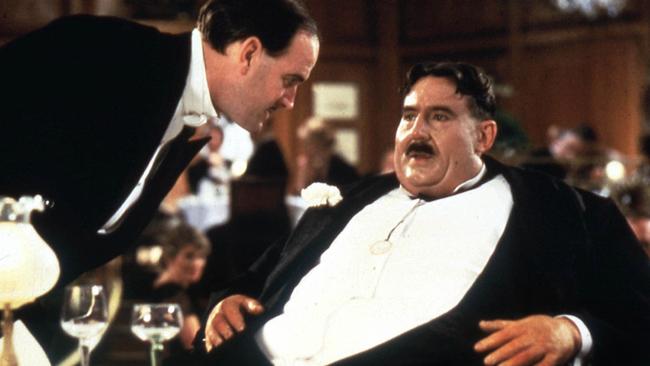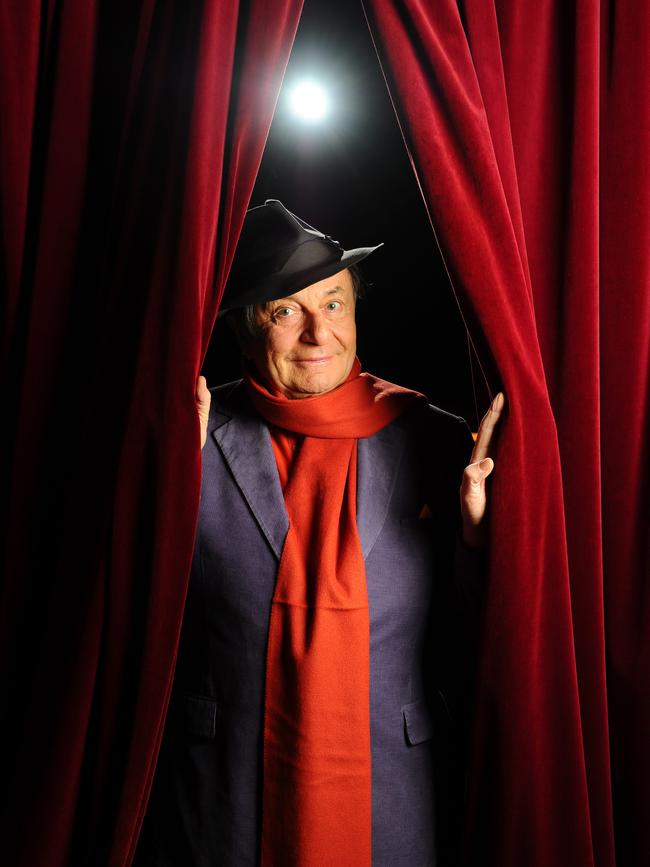
Certainly, he was in no mood for culinary pyrotechnics. What the old boy really wanted was heft and size, something tender but substantial to satiate his offended appetite. Quite why he regarded his steak as “woke” remains a mystery. No doubt the thing was undersized and overpriced — but woke? I left the restaurant confused, though not entirely unsympathetic to his viewpoint.
Weeks later, I encountered a similar use of the word when a prominent New Zealand politician was mocked by local press for describing quinoa, couscous, sushi and hummus as “woke” foods, all unsuitable for the state’s school lunch program. “If you don’t get that sushi’s woke,” he told reporters, “then I don’t know how to wake you up.” He at least had the good sense to distinguish fruit and sandwiches as un-woke. But since when did the charge of wokery extend to inanimate objects? What do the contents of a kid’s lunchbox or the cut of one’s steak have to do with the finer points of identity politics? The answer is probably nothing.
Yet increasingly, it seems, woke is treated as a handy synonym for “anything I hate”. (The word’s monosyllabic punch and sharp plosive ending certainly adds a degree of satisfaction in its delivery). But has overuse rendered the insult meaningless? Has woke become so debased it deserves an early retirement? I’m not convinced.


Not so long ago, activists claimed “being woke” was a way of keeping you attuned to the social injustices that afflicted minorities. In other words, woke equalled empathy and plain old good manners. That was a decade ago, pre-#MeToo, pre-Black Lives Matter, pre-Covid. Things have changed. Back then, Chris Lilley was funny, as was Barry Humphries. And JK Rowling was famous for — wait for it — writing novels.
Whereas it was once deployed on the progressive left as a badge of honour, wokeism has morphed into a mainstream pejorative, largely wielded by those on the right. Its former proponents, remarkably, deny wokeism even exists. Instead, they dismiss it as the benighted imaginings of right-wing deplorables who wage culture wars and hold the marginalised in contempt.
This is not to say wokeism didn’t start from a well-intentioned place. After all, what serious, fair-minded person could deny that racism hasn’t existed in every society? That women haven’t been prevented from accomplishing things they should’ve been able to accomplish? Or that gay people have been unfairly denigrated and persecuted? But woke says different: it says no progress has been achieved, and that discrimination has never been more pervasive. And, what’s more, things are going to get worse.
I’ve never felt entirely comfortable with this convenient sleight of hand. Yes, woke has become tired and hackneyed, but to expurgate it from existence seems unwise, possibly even counterproductive. Sure, its populist appeal rests on a Dennis Denuto kinda vibe that’s easily parodied, but its essence is sound, instinctive and well worth preserving. In sum, it signifies an extreme form of political correctness, a prurient fixation with race, gender and identity in all its guises. It holds that Western societies are congenitally racist, and minorities are morally superior because they have endured historical patterns of injustice and oppression.

In woke world, society is governed by hidden yet universal power structures that seek to undermine the agency of one minority or another. To redress the imbalance, wokeism has become a cruel invigilator of speech and a zealous enforcer of “correct language”.
While some now studiously avoid the term — instead preferring to skewer progressive sensibilities by way of “virtue signalling” — this is no time to renounce the charge of wokery.
Despite its imperfections, there is yet no other broadside available that punctures the puritan’s desire for authoritarian correctitude in quite the same way. Until such a time arrives, we’ll just have to make do with woke.








It was halfway through lunch when the old man’s temper finally flicked the switch and rolled into the thunder zone. “This is a woke steak,” he bellowed from a nearby table. “They’ve served me a woke steak … a tiny, bloody woke steak.” The sight of his abridged sirloin, thinly sliced and neatly set, had tapped something primordial.